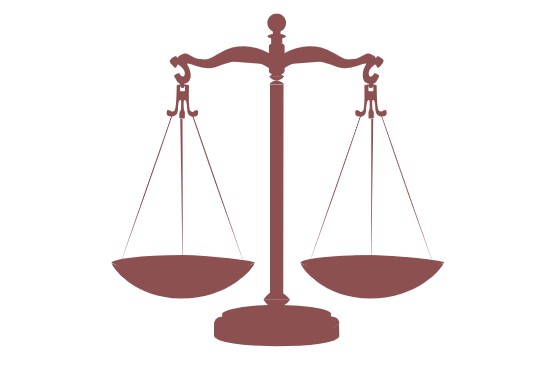“The application of the section 29 of POCSO Act is not absolute and only takes effect when the prosecution can demonstrate certain fundamental facts”: Bombay High Court.
May 11, 2024 2024-07-05 12:43“The application of the section 29 of POCSO Act is not absolute and only takes effect when the prosecution can demonstrate certain fundamental facts”: Bombay High Court.

“The application of the section 29 of POCSO Act is not absolute and only takes effect when the prosecution can demonstrate certain fundamental facts”: Bombay High Court.
By Jeevak Mukherjee
The Bombay High Court recently underscored that the presumption outlined in Section 29 of the POCSO Act isn’t absolute; it only comes into play when the prosecution establishes foundational facts. Justice SM Modak, presiding over the bench, emphasized that convicting based solely on presumption is impermissible. The court clarified that the presumption arises only when critical elements, such as the victim’s age and the commission of offenses specified under Sections 3, 5, 7, and 9 of the POCSO Act, are proven. Although these precise terms aren’t explicitly stated in the section, judicial interpretation has elucidated similar provisions in various acts, aligning them with the presumption of innocence, deemed a human right, though not a fundamental one.
The court further provided guidance regarding cases where the victim doesn’t support the prosecution. Counsel Kedar J Patil represented the appellant, while APP SR Agarkar and Counsel Sushan Mhatre represented the respondents. The appeal in question revolved around whether the trial court’s conviction of the Appellant, solely based on corroborative evidence in the absence of substantive evidence, was justified. The substantive evidence, including testimonies from two eyewitnesses who later recanted their statements to the police, was deemed insufficient. However, the corroborative evidence, which included uncontested medical records and the victim’s statement recorded by a Judicial Magistrate under Section 164 of the Code of Criminal Procedure, was considered.
The trial court’s reliance on partial testimonies from the victim and her relatives, who later turned hostile, along with corroborative evidence, led to the Appellant’s conviction. However, the High Court found that the foundational facts hadn’t been adequately established. Consequently, the trial court’s recourse to the presumption under Section 29 of the POCSO Act was deemed incorrect. The High Court stressed the need for legislative amendments to enhance the status of victim statements recorded by Judicial Magistrates.
Moreover, the High Court outlined guidelines for courts dealing with cases where the victim doesn’t support the prosecution. These guidelines include thoroughly assessing the degree of support from the victim, evaluating the evidentiary value of corroborative materials, and considering both supported portions and corroborative evidence together to reach a conclusion about guilt. It reiterated that the presumption can only be invoked when foundational facts are proven. Consequently, the appeal was allowed.
Case: Deelip Tatoba vs The State of Maharashtra & Anr. Bombay High Court
Citation: Criminal Appeal No. 990 of 2019









